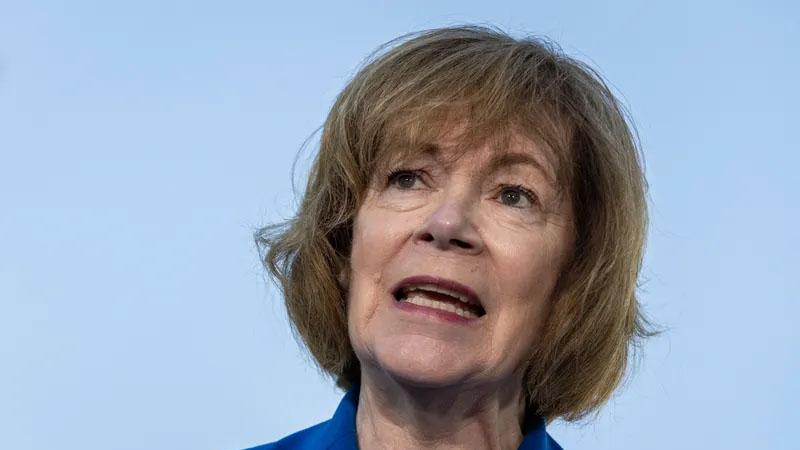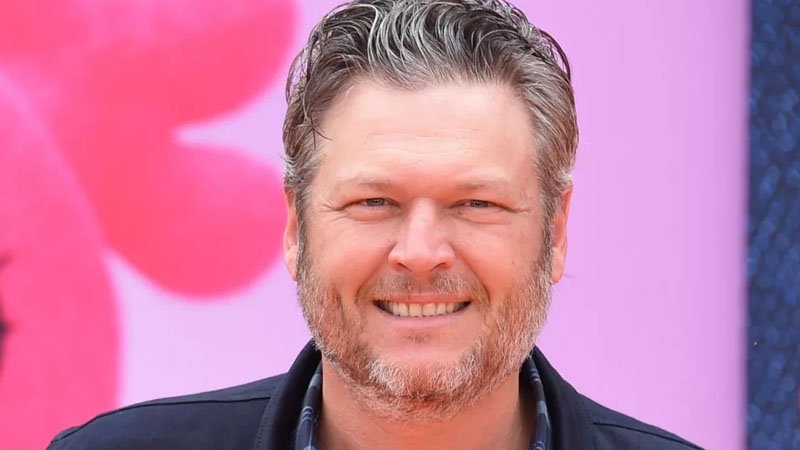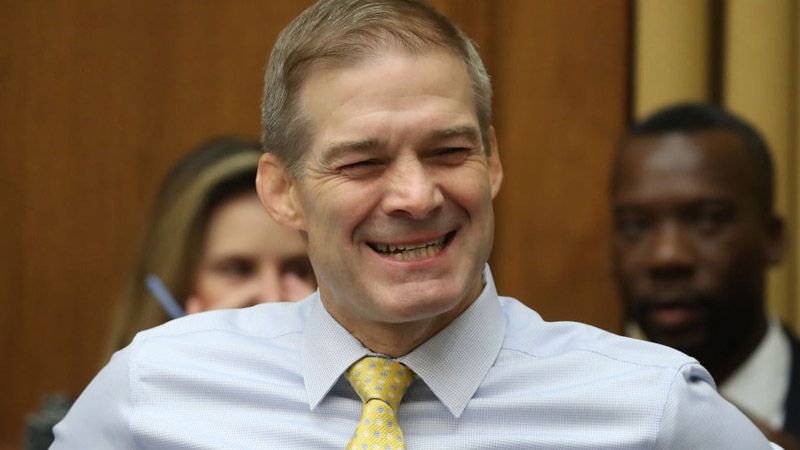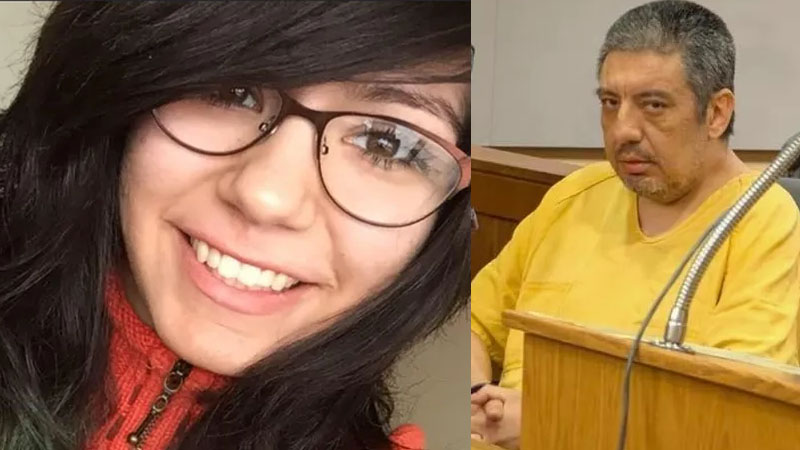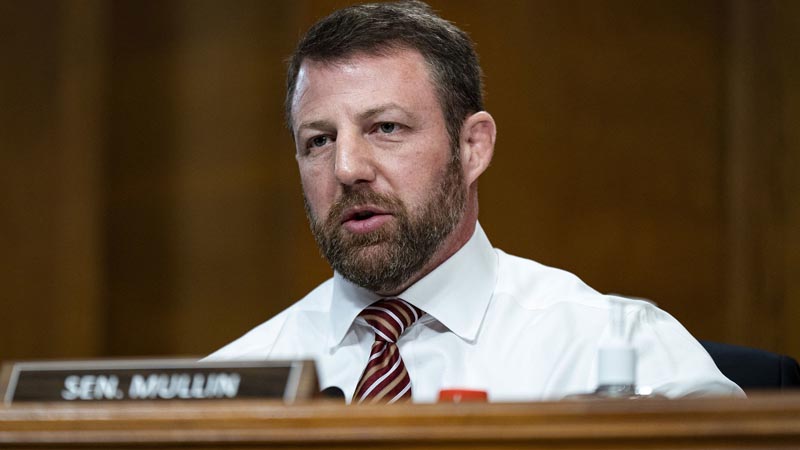‘That’s Dangerous’: De Blasio Sounds Alarm Over Kennedy’s Nomination to Lead Health Department
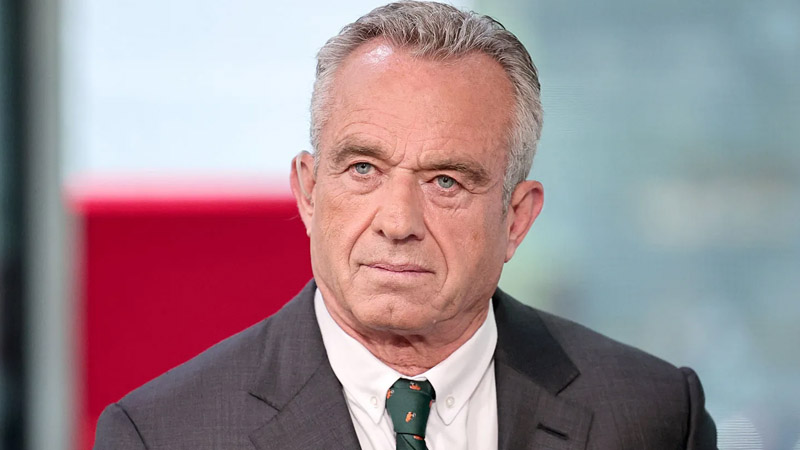
Jamie McCarthy/Getty Images
In a passionate response to President-elect Donald Trump’s unexpected choice of Robert F. Kennedy Jr., a noted vaccine skeptic, to lead the Department of Health and Human Services, former New York City Mayor Bill de Blasio didn’t mince words. His assessment of the nomination was stark and straightforward: “It is dangerous,” de Blasio said in an interview with CNN’s Kaitlan Collins. “I mean, that’s the only way to say it.”
Kennedy, who has built a controversial reputation by questioning the safety and effectiveness of vaccines, has now been tapped to oversee America’s public health systems. For de Blasio, a leader who guided New York City through the grueling challenges of the COVID-19 pandemic, the decision feels nothing short of reckless. Expressing his disbelief, he emphasized that his reaction wasn’t simply political rhetoric. “I wish I was just being hyperbolic,” de Blasio stated. “
I’m being literal! People will die because somebody is holding that role who does not believe in vaccination. That is just plain dangerous. That’s not partisan, that’s dangerous.” The former mayor’s criticism stems in part from Kennedy’s public stance on vaccines, a stance that sharply contrasts with the scientific consensus. Kennedy has repeatedly questioned the safety and necessity of vaccines, even declaring that “There’s no vaccine that is safe and effective.”
He has also endorsed the long-debunked theory that vaccines cause autism, a claim that experts widely reject as misinformation. De Blasio sees Kennedy’s skepticism not just as misguided but as potentially lethal if placed at the helm of an agency tasked with protecting public health, reported The New York Times.
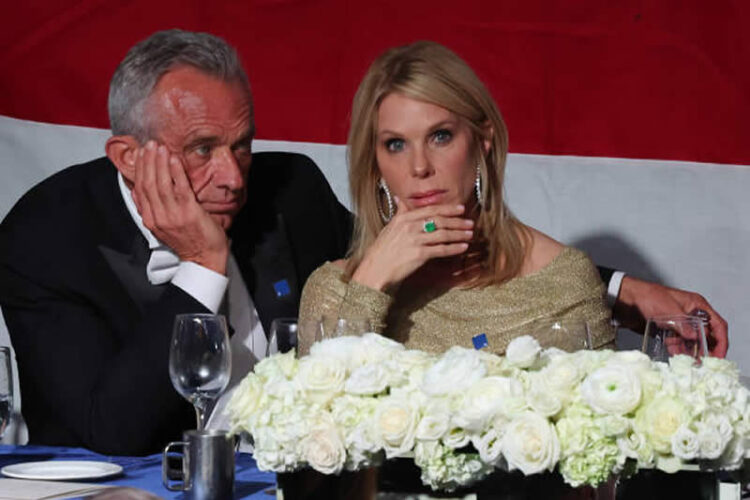
Reflecting on the pandemic, de Blasio pointed out the paradox of Trump’s administration, which expedited the development and rollout of COVID-19 vaccines under “Operation Warp Speed” — a move credited with saving countless lives worldwide. Yet, he noted, Trump later seemed to “disown his own creation,” distancing himself from the vaccine’s success as anti-vaccine sentiment grew among certain political groups.
The former mayor now worries that this anti-vaccine shift within Trump’s base, amplified by Kennedy’s nomination, could undermine public trust in the very institution designed to protect it. Kennedy’s appointment to such a critical role has raised widespread concern among health experts and government officials.
With the responsibility of overseeing the nation’s health policies, including vaccine administration and public health crisis response, the Department of Health and Human Services wields considerable influence over the well-being of millions. For de Blasio, the idea of a vaccine-skeptic leading this institution is like appointing a firefighter who doesn’t believe in extinguishing flames.
At the core of de Blasio’s objection is the fear of what could happen if the nation faces another public health crisis. He underscored the potential consequences of vaccine misinformation being legitimized by a figure as prominent as the head of the Department of Health and Human Services. “People will die!” he warned, underscoring the stakes of such a decision.
As the transition of power unfolds, Kennedy’s nomination will likely face scrutiny not just from Congress but from the medical and scientific communities, who worry that this shift could mark a dangerous turn in American health policy. With his emphatic remarks, de Blasio has issued a call to action, hoping that the risks of Kennedy’s appointment will be recognized and addressed before it’s too late. For de Blasio, and for many others, the issue is simple: when it comes to public health, science should lead, not skepticism.
